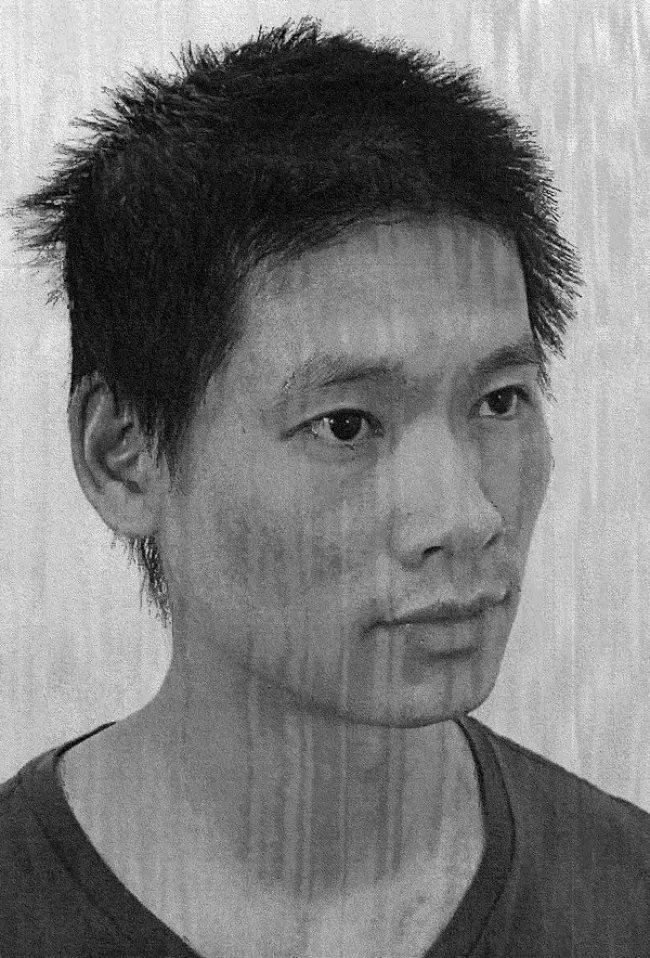Minh Quang Pham Sentenced to 40 Years for Heathrow Airport Bomb Plot
Minh Quang Pham, a British citizen of Vietnamese origin, has been sentenced to 40 years in a U.S. prison for plotting a suicide bombing at London’s Heathrow Airport on behalf of al-Qaeda in the Arabian Peninsula (AQAP). Acting under the direction of AQAP leader Anwar al-Awlaki, Pham trained in Yemen before returning to the UK, where he was arrested. His case highlights the ongoing threat of global terrorism and the severe consequences of extremist affiliations.
Radicalization and Ties to AQAP
Minh Quang Pham, a British citizen of Vietnamese origin, has been sentenced to 40 years in a U.S. prison for plotting a suicide bombing at London’s Heathrow Airport on behalf of al-Qaeda in the Arabian Peninsula (AQAP).
In late 2010, Pham left his pregnant wife in the UK and traveled to Yemen, where he joined AQAP. While there, he received military training and contributed to Inspire, AQAP’s English-language propaganda magazine, using his graphic design skills.
The Heathrow Bombing Plot
Pham’s attack was planned under the direct instruction of AQAP leader Anwar al-Awlaki, who ordered him to carry out a suicide bombing in Heathrow Airport’s arrivals hall. The target was passengers traveling from the U.S. and Israel. However, the attack was never carried out. Al-Awlaki, a notorious extremist cleric, was later killed in a U.S. drone strike in 2011.
Return to the UK and Arrest
Pham returned to the UK in mid-2011. Upon his arrival at Heathrow, security officials detained him and discovered armor-piercing ammunition in his possession. A year later, he was arrested at the request of U.S. authorities and extradited to the United States in 2015.
Trial and Sentencing
In early 2016, Pham pleaded guilty to several terrorism-related charges, including providing material support to AQAP, undergoing combat training, and possessing a firearm in furtherance of violent crimes.
During sentencing, U.S. District Judge Alison Nathan stressed the severity of Pham’s crimes, noting that he had played a key role in planning a large-scale terror attack. She ruled that his actions warranted a harsh punishment.
Expressions of Regret
Speaking in court, Pham expressed deep remorse, calling his involvement with AQAP a terrible mistake. In a written statement, he renounced terrorism, declaring that AQAP’s actions distorted the true values of Islam.
Broader Implications
Pham’s case underscores the persistent threat of extremist groups and highlights the ongoing efforts by global security forces to prevent acts of terrorism. His sentencing serves as a warning of the severe legal consequences faced by individuals involved in terrorist activities.
